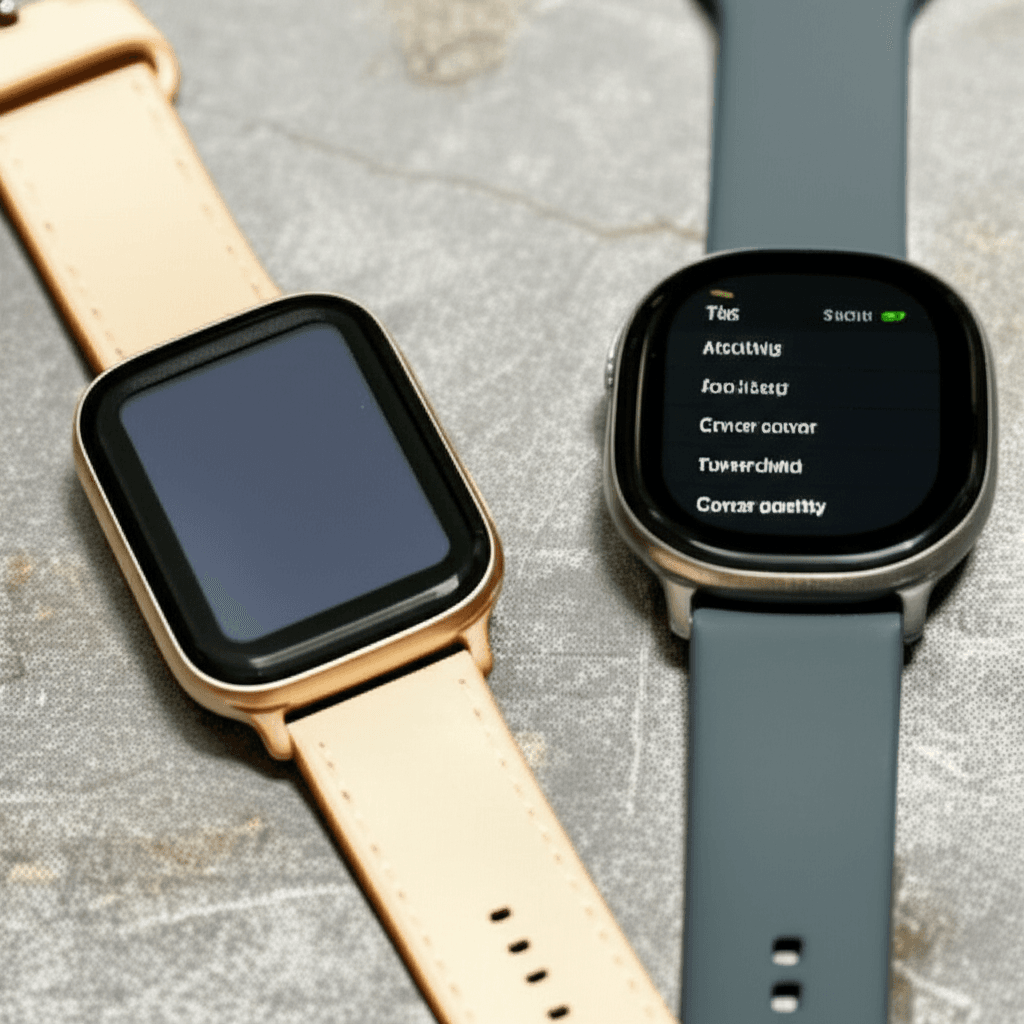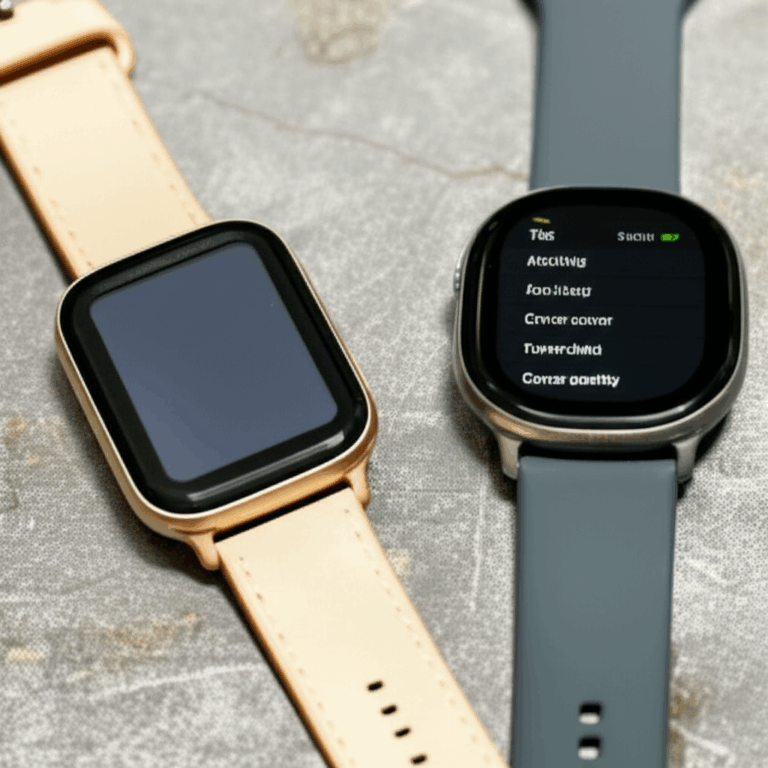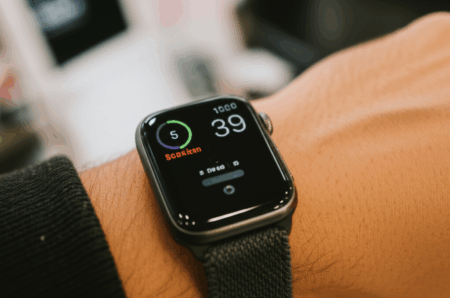Strava has filed a patent infringement lawsuit against Garmin, demanding that the fitness tech giant cease selling most of its GPS-enabled devices, including smartwatches and cycling computers. The lawsuit, lodged in the U.S. District Court for the District of Colorado on September 30, 2025, centers on allegations of infringement related to Strava’s patented “segments” and “heatmap” features, alongside claims of breaching a 2015 Master Cooperation Agreement between the two companies.

Core of the Dispute: Segments and Heatmaps
The legal action targets two cornerstone features prevalent in modern fitness tracking: performance segments and user-generated heatmaps. Strava asserts that Garmin has integrated technologies infringing on its intellectual property within its own Garmin Connect platform and devices.
The Segment Patent Claims
Strava’s complaint details infringement of a patent, filed in 2011 and granted in 2015, which covers GPS-based segments and time-based performance comparisons. These segments allow users to compete against others on specific stretches of roads or trails. While Garmin introduced its own segment functionality on devices like the Edge 1000 in 2014, preceding the formal collaboration, Strava now alleges that Garmin expanded beyond the scope of their 2015 Master Cooperation Agreement by building a competing system based on Strava’s implementation. Strava claims that this has led to a “loss of network effects, erosion of platform differentiation and goodwill, and brand loyalty that cannot be fully measured or compensated in money.”
Heatmap Technology Under Scrutiny
The second major component of the lawsuit concerns patents related to “heatmaps” or “user preference activity maps.” Specifically, Strava cites primary patent 9297651 (filed December 2014, issued 2016) and ancillary patent 9778053 (filed 2016, issued 2017). These patents describe the functionality of generating maps that visualize popular routes and areas based on aggregated user activity data, which can then be used to aid route creation. However, some reports indicate that Garmin had integrated heatmap and popularity routing features into Garmin Connect as early as 2013, potentially predating Strava’s patent filings for similar technologies.

Breach of a Decade-Old Agreement
Central to Strava’s case is the alleged violation of a 2015 Master Cooperation Agreement (MCA) between the two companies. This agreement, according to Strava, was intended to govern the use of Strava Live Segments on Garmin devices and software, with an implicit understanding that Garmin would limit the expansion of its proprietary segment features. Strava now claims that Garmin has deliberately expanded its own segment offerings beyond the terms of this agreement, utilizing Strava’s patented ideas as a blueprint.

Escalating Tensions: The API Controversy
Beyond the explicit patent claims, the lawsuit appears to be a culmination of increasing tensions between the two fitness industry behemoths. Strava’s Chief Product Officer, Matt Salazar, indicated in a Reddit post that a primary trigger for the litigation was Garmin’s new developer guidelines, issued on July 1, 2025. These guidelines allegedly require all third-party apps, including Strava, to display the Garmin logo prominently on every activity post, screen, graph, and sharing card derived from Garmin data. Salazar described this as “blatant advertising” that would “actively degrade your user experience on Strava.” Garmin reportedly threatened to cut off Strava’s access to its API by November 1, 2025, if the new guidelines were not met, which would prevent Garmin activities from being uploaded to Strava.

Implications for the Fitness Tech Landscape and Users
Strava is seeking a permanent injunction to prevent Garmin from manufacturing, using, offering to sell, selling, or importing any devices that incorporate the disputed segment or heatmap functionalities. If granted, this could significantly impact Garmin’s product line, as these features are integrated across most of its fitness watches and cycling computers. Additionally, Strava is seeking monetary damages, citing lost revenue, business opportunities, and harm to its brand and competitive standing.
For users, the immediate impact remains uncertain. Strava has publicly stated its intention to avoid disrupting the ability of Garmin users to sync their data with the Strava platform. However, the potential for a disruption in data flow exists if the API dispute escalates further, or if Garmin’s access to certain technologies is restricted. Garmin, for its part, has declined to comment on the pending litigation.

Broader Industry Context
This lawsuit highlights the intensifying competition in the rapidly evolving fitness technology sector, valued at over $13 billion by 2022, with continuous innovation in biometric monitoring, performance metrics, and interconnectivity. The rivalry between Strava and Garmin intensified earlier this year when Garmin launched Connect+, a premium subscription service that directly competes with Strava’s subscription offerings.
This isn’t an isolated incident in the fitness tech world; patent disputes are increasingly common. In a related development, Finnish company Suunto also recently sued Garmin in a Texas court, alleging infringement on five of its patents related to fitness watches. The Strava v. Garmin case is in its early stages, with a scheduling conference set for December 4, 2025, in the Colorado District Court. The outcome could redefine intellectual property boundaries and competitive dynamics within the global fitness technology market.







